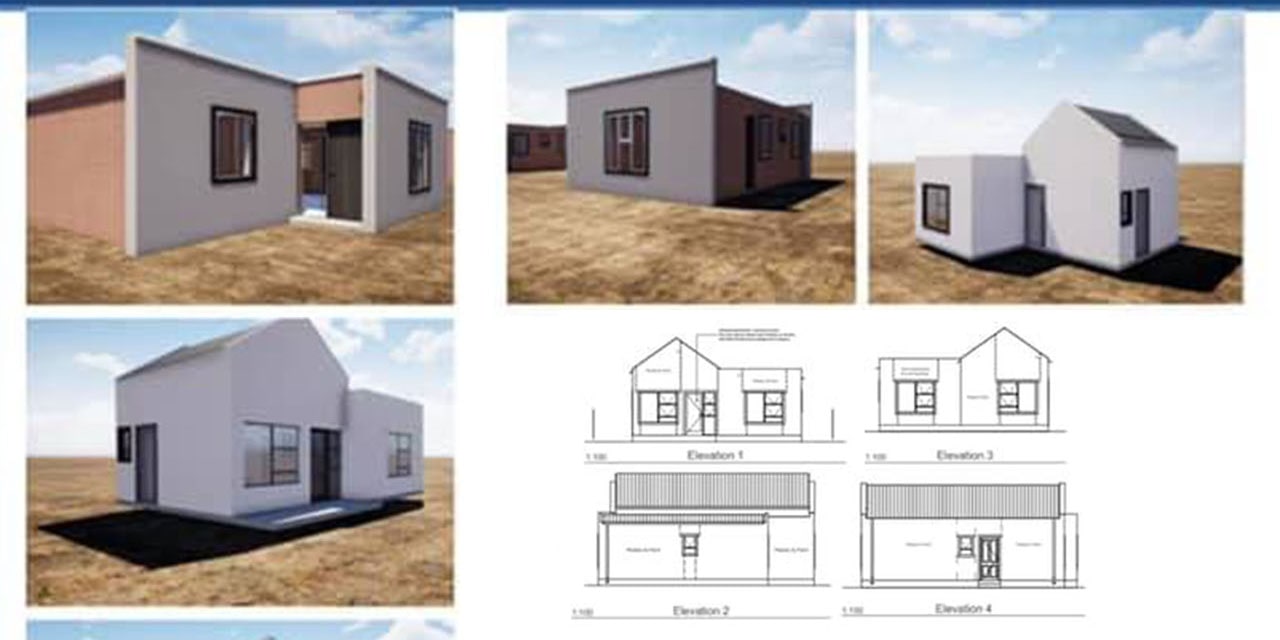Staff Writer
THE Windhoek City Council has set aside N$22 million to start a council-funded affordable housing project and will therefore not tolerate landless people who occupy land illegally any more.
Windhoek Mayor, Job Amupanda, says. This was during a media briefing on Tuesday to announce lasting solutions to the land and housing challenge the residents of the city face.
This follows a five-day workshop that the municipality hosted to find permanent solutions to its perennial land problem.
“Illegal land occupation will not be happening because we now have a clear plan on what should be done. We cannot be planning for you yet at the same time you are occupying the very same land where we are supposed to put a clinic for your children,” he says.
With the initiatives the workshop devised, the Council is confident that the future is bright. Provided the residents work together with it towards common goals with commitment and the necessary stakeholders’ support is forthcoming.
“Over the next few months, Council will approach key stakeholders with the view of partnering and securing the necessary funding and support and table monthly submissions to Council as of September 2021, to track progress,” the Mayor says.
He urges all city residents and stakeholders to remain calm, patient assuring that the Council is fully committed to addressing the pressing needs for land and housing in a systematic, financially viable, and sustainable manner.
“The project will start this year in Goreangab Extension 4 on a small scale, the full rollout of which will be at a piece of land measuring 24 hectares in Cimbebasia,” Amupanda informs.
He defends his public stance in 2014 in Kleine Kuppe saying it was not land grabbing but a campaign that lasted only 15 minutes designed to achieve a national and international objective.
“The lack of affordable land for housing is the main cause of Namibia’s housing crisis and the continuous rapid growth of informal settlements; where some of our informal settlement residents do not have access to toilets and practice open defecation. This has massive health and environmental implications,” the Mayor says.
He adds that informal settlements present a stark contrast to the highly developed, older parts of Windhoek.
“For more than 25 years, a lack of funds, inappropriate modalities to mass housing and corruption, have been the main reasons that people in informal settlements, do not have a dignified life today, and out of frustration, resort to land grabbing as a gesture for the voiceless.”
He says the Council will be prioritising a waiting list through a land allocation process, the details of which will be communicated soon. “The desired outcome is that: our people will have a home, free from the fear of forced eviction, a place that offers shelter, safety, and the ability to secure a dignified livelihood,” he concludes.




